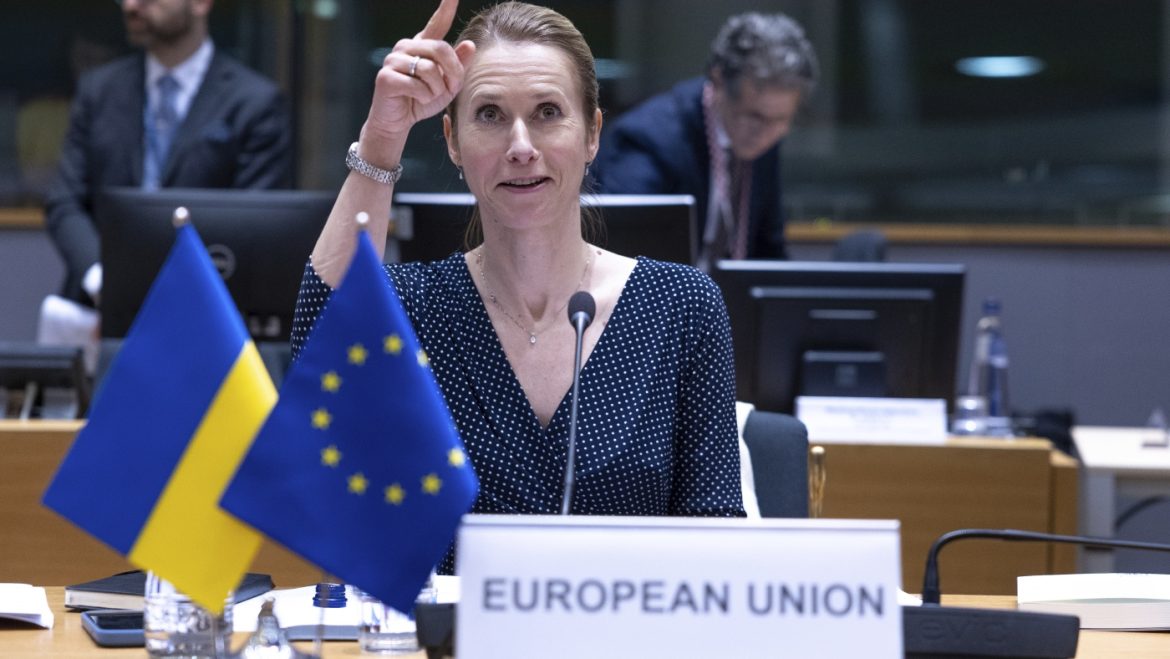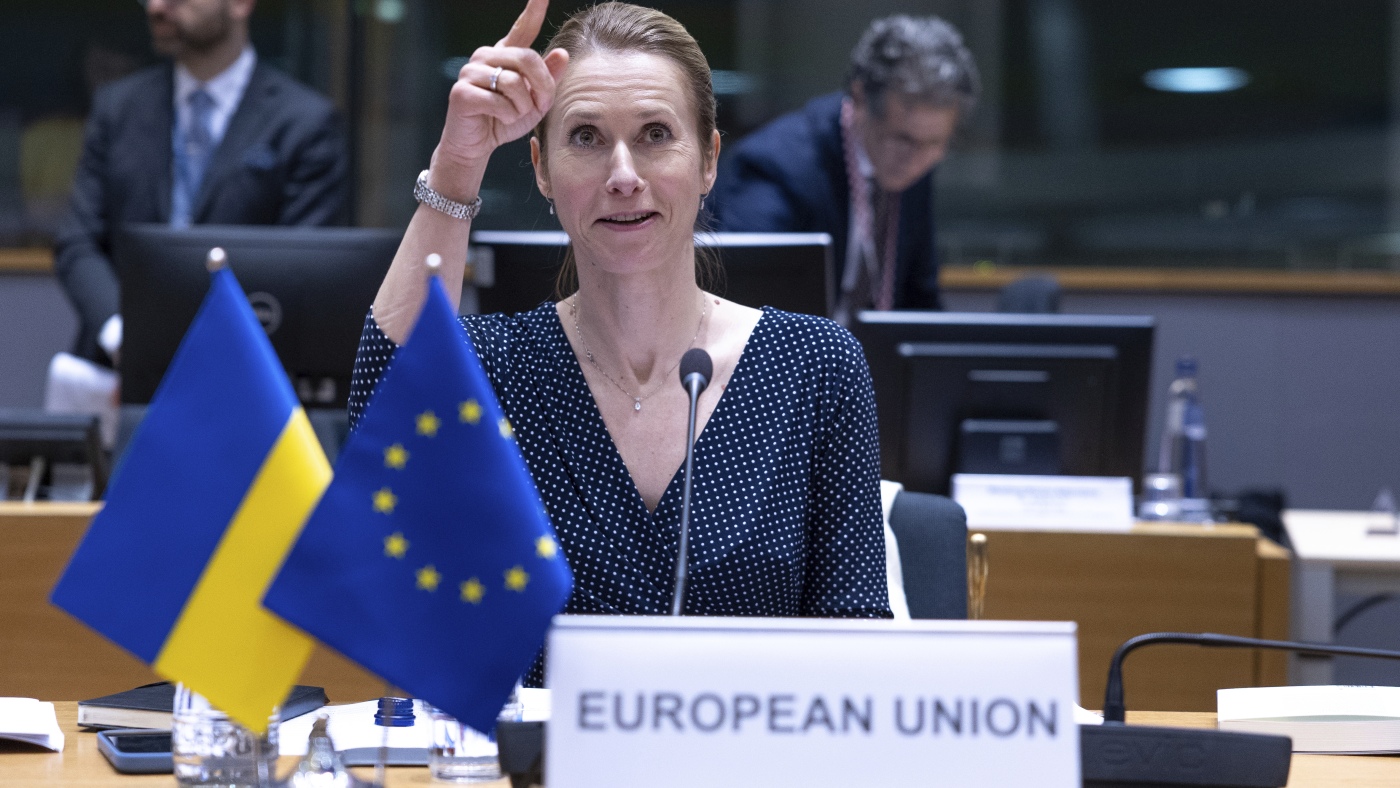The Struggle to Sustain Radio Free Europe Amidst Political Turmoil
Radio Free Europe/Radio Liberty (RFE/RL), a U.S.-funded broadcaster with a storied history dating back to the Cold War, has recently faced severe threats to its existence under the Trump administration. Established originally to counter Soviet propaganda and provide uncensored news to countries lacking press freedom, RFE/RL’s survival became jeopardized after abrupt funding cuts instigated by President Donald Trump’s administration. However, the European Union (EU) stepped in to provide crucial support, underscoring RFE/RL’s significance as a beacon of independent journalism in regions dominated by authoritarian regimes.
—
Background: An Outlet Under Siege
RFE/RL operates with corporate headquarters in Washington, D.C., and journalistic operations centered in Prague, Czech Republic. Over the decades, it has maintained a mission of delivering news to areas where independent press cannot function freely, challenging autocratic narratives and governmental censorship. The recent challenge emerged when the Trump administration terminated or significantly reduced federal funding for RFE/RL, alongside similar cuts to other international broadcasters.
This move was part of a broader agenda to downsize government programs and revise the U.S. Agency for Global Media’s structure, which oversees RFE/RL and other entities like Voice of America. Federal grants appropriated by Congress amounting to millions of dollars were withheld or frozen. These funding interruptions led to furloughs, staff reductions, and the suspension of some news services, jeopardizing RFE/RL’s operational capability and threatening its mission.
—
Legal and Political Pushback
The broadcaster responded promptly by filing lawsuits against the Trump administration, asserting the illegality of the funding cessation. Courts intervened with injunctions and temporary restraining orders to prevent the dismantling of RFE/RL. A notable court ruling compelled the administration to restore millions in funding, reinforcing congressional funding authority over such agencies.
Despite judiciary orders, the Trump administration occasionally delayed or resisted disbursing the funds, intensifying uncertainty around RFE/RL’s future. The episodes also revealed internal White House conflicts, such as an aborted attempt led by presidential advisor Kari Lake to shutter the broadcaster, which was subsequently reversed.
—
The European Union’s Lifeline
With the U.S. funding suspension endangering this key international news outlet, the European Union stepped forward offering critical emergency financial assistance. The EU mobilized a €5.5 million (approximately $6.2 million) package to help sustain RFE/RL’s operations, acknowledging the broadcaster’s vital role in providing independent reporting to countries struggling with press restrictions and autocracy.
EU foreign policy chief Kaja Kallas emphasized the significance of keeping RFE/RL afloat, framing it as more than just a media outlet but a democratic instrument countering disinformation and repression. Prague-based leadership in the EU’s efforts to support RFE/RL mirrored the broadcaster’s journalistic hub location and historic ties to Central and Eastern Europe.
Nonetheless, while the EU’s emergency funds provided a lifeline, the amount fell short of what RFE/RL itself indicated was necessary to maintain full operations. The EU’s intervention thus represented a temporary buffer and a statement of intent by Europe to preserve a plurality of independent voices amid global media challenges.
—
Impact on Press Freedom and Geopolitical Implications
RFE/RL has long been a beacon of press freedom in countries where free speech is suppressed. Its abrupt funding cuts posed risks not only to journalistic independence but also to the strategic flow of information in geopolitical hotspots. Many journalists affiliated with RFE/RL have suffered imprisonment and harassment in various states due to their investigative and unbiased reporting.
The Trump administration’s attempt to shut down or restrict RFE/RL was characterized by critics as a gift to authoritarian regimes seeking to suppress dissent and control public narratives. By undermining a media organization dedicated to exposing truths in challenging environments, the administration appeared to weaken democratic tools during a time of significant international media manipulation.
—
Operational Consequences and Staff Challenges
Federal funding interruptions forced RFE/RL to impose furloughs on much of its staff and reduce programming. The uncertainty limited the broadcaster’s ability to plan and expand its coverage in strategically important regions. The staff, many of whom have faced personal risks due to their work, expressed dismay and frustration at attempts to silence their mission.
This operational strain also raised questions about the sustainability of reliance primarily on U.S. congressional funding, especially in politically polarized climates. It highlighted the need for diversified, stable funding streams to safeguard the independence and continuity of international media outlets like RFE/RL.
—
Conclusion: The Future of Radio Free Europe and the Defense of Independent Journalism
The saga of Radio Free Europe over recent months underscores the precariousness of independent journalistic institutions operating in contentious political landscapes. Against an administration seeking to diminish its role, RFE/RL found unexpected allies in European institutions committed to defending democracy and the free flow of information.
While the EU’s emergency funding has prevented immediate collapse, the organization’s future depends on continued financial support and political backing from multiple fronts. In an era where media freedom faces increasing threats worldwide, RFE/RL stands as a critical player in the battle against authoritarianism and disinformation.
This episode vividly illustrates how independent journalism is not only a matter of news dissemination but a frontline in preserving open societies. The defense mounted by courts, civil society, and international partners like the EU confirms a shared recognition that voices like RFE/RL’s are indispensable to global democratic resilience.


